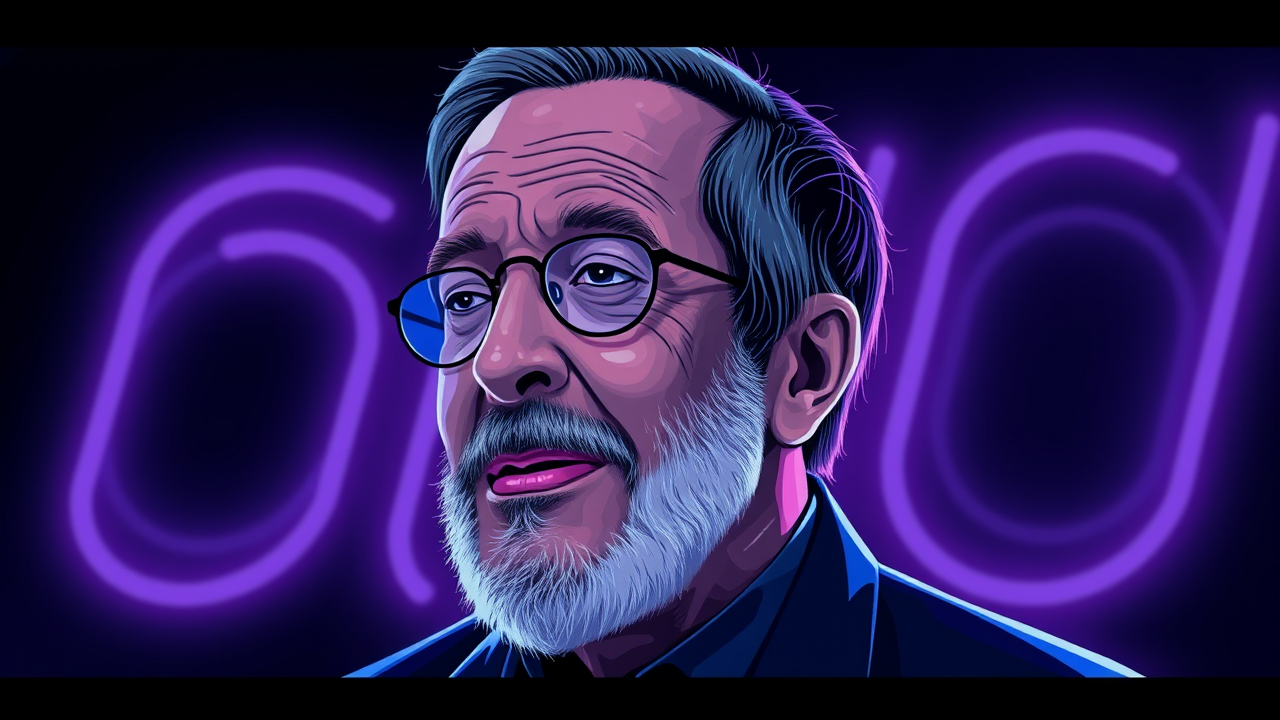Zelda Williams Condemns AI Deepfakes of Her Late Father
The plea arrived not through a formal press release or a lawyer’s statement, but in the intimate, curated space of an Instagram story, a digital whisper carrying the weight of a profound and modern grief. 'Please, just stop sending me AI videos of Dad,' wrote Zelda Williams, the daughter of the late, incomparable Robin Williams, a sentence that hangs in the air not as a simple request but as a heartbreaking testament to a new form of digital violation.To understand the depth of this appeal is to understand that for those left behind, grief is not a linear process with a neat conclusion; it is a landscape they learn to navigate, a presence they learn to live alongside. The sudden, algorithmically resurrected image of a lost loved one, particularly one as universally beloved as Robin, isn't a tribute—it is a profound desecration of that sacred, personal landscape.It shatters the fragile peace of memory, replacing the warm, complex, and human recollection of a father's laugh or the specific cadence of his voice with a cold, uncanny valley facsimile. This isn't about missing a performance; it's about the fundamental human right to mourn, to remember someone as they were, not as a data set can reconstruct them.I've spoken with countless individuals navigating loss in the digital age, and a common thread is the struggle for control over their loved one's legacy. A social media profile becomes a digital tombstone, a shared photo album a place of pilgrimage.But these AI-generated deepfakes represent a hostile takeover of that legacy. They are non-consensual digital puppetry, stripping away the agency of both the departed, who cannot consent to this posthumous performance, and the bereaved, who are forced to witness it.For Zelda, every unsolicited video is a double-edged sword: a reminder of the father the world feels it owns, and a violent intrusion into the private father she alone knew. The public often feels an intense, parasocial connection to celebrities like Robin Williams, a man who felt like a personal friend to millions through his roles as the genie, the professor, the therapist who taught us to seize the day.This connection, while born of admiration, can mutate into a sense of entitlement—an entitlement to his image, his likeness, and now, through technology, a grotesque imitation of his very essence. The people sending these videos likely believe they are sharing a marvel, a piece of magic, but they fail to see the person on the other end of the screen, a daughter trying to preserve the authentic echo of her father in a world increasingly saturated with synthetic noise.This incident is not an isolated one; it is a stark, high-profile example of a burgeoning ethical crisis. We are standing at a precipice, where the technology to recreate human likeness has far outpaced our societal and legal frameworks to govern it.There are no clear rules of digital decency, no established etiquette for the posthumous use of a person's identity. The legal concept of publicity rights, which protects a person's name and likeness for commercial use, varies wildly by state and often dies with the person, leaving families like the Williamses with limited recourse.This creates a wild west where anyone with the right software can effectively dig up a digital grave and force the corpse to dance for likes and shares. The psychological impact is immense.Grief experts I've consulted describe how such encounters can re-traumatize individuals, triggering a fresh wave of loss and complicating the healing process. The AI replica doesn't offer closure; it creates a confusing, painful loop, a ghost that is neither comforting nor real.It commodifies human emotion and memory, turning the most sacred aspects of our personal histories into content. Zelda Williams's simple, powerful request is therefore more than a personal appeal; it is a cultural wake-up call.It forces us to confront the human cost of our unbridled technological enthusiasm. It asks us to consider where the line is between innovation and violation, between tribute and theft.It challenges us to be more human in a digitally dehumanizing age—to exercise empathy before we click 'share,' to consider the silent, grieving recipient on the other side of the screen. Her words are a plea for us to remember that behind every data point used to train these models, behind every pixel in a generated video, there was once a living, breathing, feeling human being, and there are real, living, feeling human beings who loved them, who deserve the dignity of their authentic memory.
Latest News
It’s quiet here...Start the conversation by leaving the first comment.
